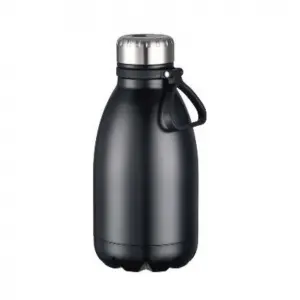As far as I know, the EU has some specific requirements and prohibitions on the sale of plastic water cups. The following are some requirements and prohibitions that may be involved in the sale of plastic water cups in the EU:
1. Single-use plastic product ban: The European Union passed the Single-Use Plastics Directive in 2019, which includes restrictions and bans on single-use plastic products. The bans cover single-use plastic cups and encourage the use of recyclable and environmentally friendly alternatives.
2. Logo and labeling: The EU may require plastic water cups to be marked with material type, environmental protection logo and recyclability logo so that consumers can understand the material and environmental performance of the cup.
3. Safety signs: The European Union may require plastic water bottles to be marked with safety instructions or warnings, especially for the use of toxic or harmful substances.
4. Recyclable and renewable labeling: The European Union encourages the use of recyclable and renewable plastic water bottles and may require labeling of recyclable materials.
5. Packaging requirements: The EU may have restrictions on the packaging of plastic water cups, including the recyclability or environmental protection of packaging materials.
6. Quality and safety standards: The EU may set some standards for the quality and safety of plastic water cups to ensure compliance with relevant regulations and requirements.
It should be noted that the EU’s requirements and bans on the sale of plastic water cups are constantly developing and updating, so specific regulations and standards may change over time. To ensure compliance, companies that produce and sell plastic water bottles should keep abreast of and comply with the latest EU regulations and requirements.
Post time: Nov-21-2023
